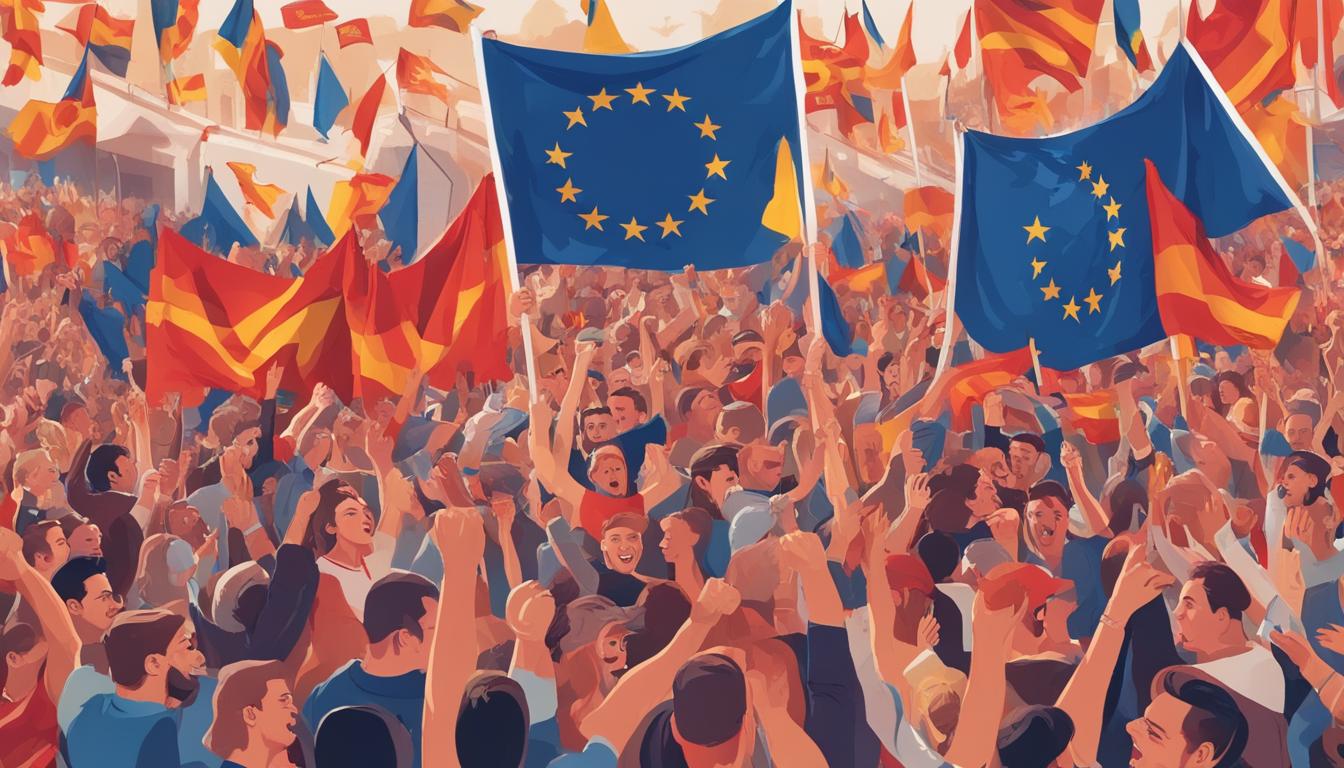As North Macedonia and Hungary’s upcoming elections influence their respective EU membership and political dominance, Prime Minister Narendra Modi intensifies his campaign in southern India’s resistant regions.
On 10th May 2024, citizens of North Macedonia will participate in crucial presidential and parliamentary elections, with the nation’s European Union membership aspirations being a central issue throughout the campaigning period. The parliamentary election is significant as it holds more legislative power compared to the largely ceremonial presidential role. The opposition center-right coalition appears likely to challenge the government on Bulgaria’s conditions for North Macedonia’s EU candidacy. Addressing corruption, economic challenges, and poverty are prominent campaign themes, underpinned by the ongoing debate around EU accession requirements set by neighboring Bulgaria.
Elsewhere in Europe, Hungary is witnessing a surge in political activity as opposition leader Péter Magyar, head of the Tisza [Respect and Freedom] party, gains traction against Prime Minister Viktor Orbán. A recent rally in Debrecen, Hungary’s second-largest city, attracted about 10,000 people in support of Magyar, who has been critical of Orbán’s governance, accusing him of running a “mafia state.” Magyar’s campaign, which includes a plan to dismantle government propaganda, appeals to voters weary of Orbán, who has been a dominant figure in Hungarian politics since 2010. New polls suggest a growing support for Tisza, making the upcoming EU and Budapest council elections a significant challenge for Orbán’s stronghold.
In India, Prime Minister Narendra Modi is intensifying his campaign efforts in the southern states of Tamil Nadu and Kerala during the ongoing six-week general election, aiming to break into regions traditionally resistant to his Bharatiya Janata Party (BJP). In Tamil Nadu, BJP candidate K Annamalai has been noticeable, leveraging social media and local volunteer initiatives. In Kerala, candidate Suresh Gopi focuses on unity and development in a bid to appeal to the state’s secular and highly literate electorate. Modi’s strategy aims to expand the BJP’s parliamentary majority by making inroads into these historically non-BJP strongholds, despite facing skepticism over some policies like the goods and services tax.



